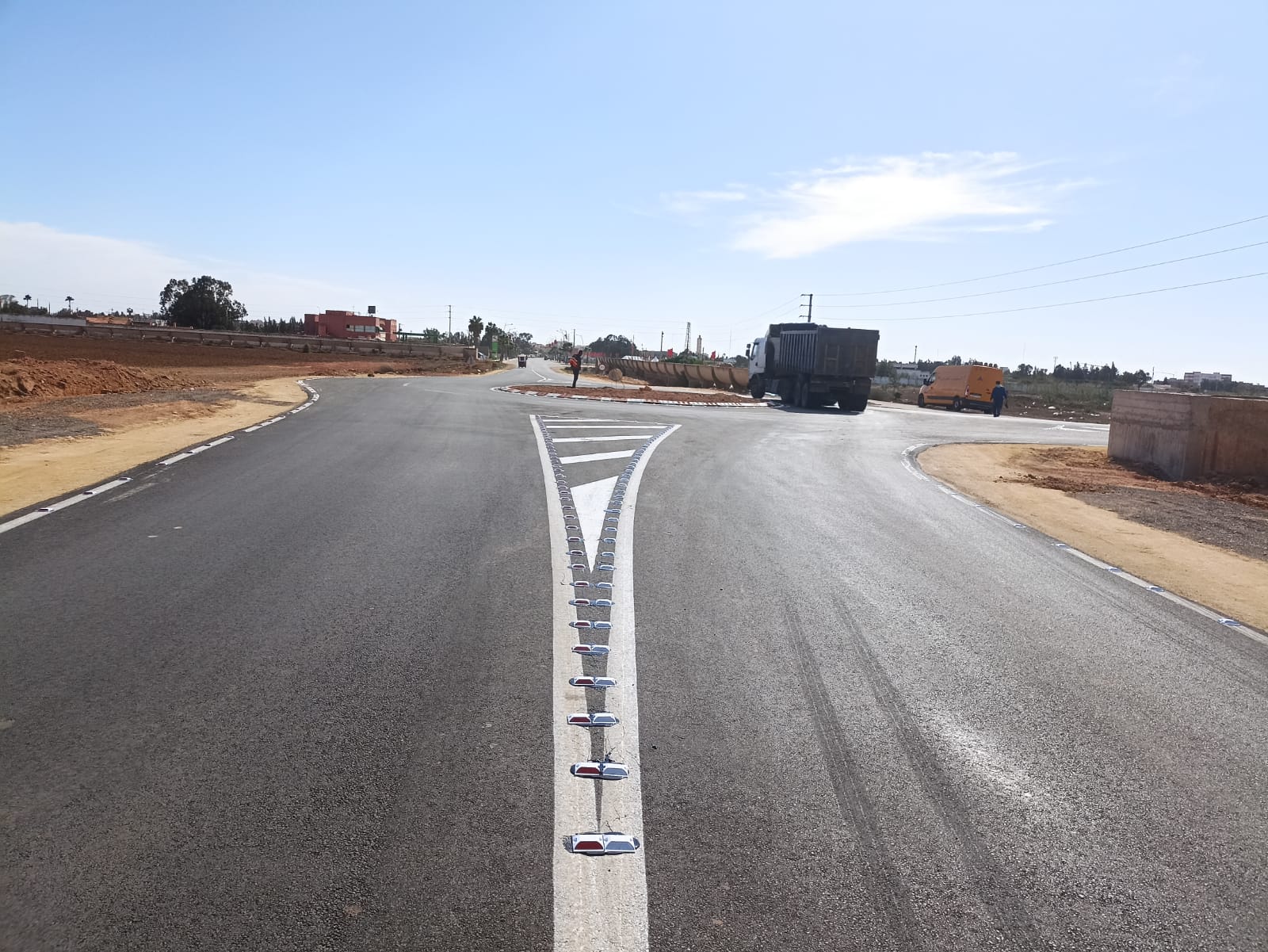Reflective Road Studs Prove Effective in Reducing Accidents in Morocco
The pilot project of installing reflective road studs on major highways in Morocco has received positive early feedback, with data showing an effective reduction in nighttime road accidents.
According to statistics from the Moroccan Ministry of Transport, nighttime accidents have decreased by nearly 30% on over 10 key highways that have been equipped with reflective road studs, as compared to the same period last year. For example, on the A1 motorway connecting the capital Rabat with the economic hub of Casablanca, nighttime accidents have dropped from an average of 15 per month last year to under 10 per month so far this year.

In addition, surveys conducted among drivers indicate that the vast majority feel the road studs have noticeably improved visibility and recognition of road lines and signs when driving at night. It is believed the technology helps drivers better grasp lane positioning and navigation in dim lighting conditions, thereby reducing reckless driving risks.
Given these initial promising results, the Ministry of Transport has decided to roll out the reflective road stud project more widely across other major arterial routes nationwide, with the goal of further enhancing nighttime road safety levels across the country. Relevant authorities will continue close technical cooperation with suppliers to optimize product performance and support Morocco's vision of zero road fatalities.
The project has received praise both domestically and internationally. Analysts observe that reflective road stud technology offers a simple and practical solution, and initial outcomes validate its effectiveness - making it a technology worth emulating by other nations seeking to upgrade night driving management. It has prospects to become an important auxiliary tool for improving road safety after dark.
The Moroccan government will monitor the ongoing impacts of the road studs deployment. If outcomes sustain over the longer term, it could serve as a best practice example for other developing countries battling high accident rates, especially on unlit highways during nighttime.






